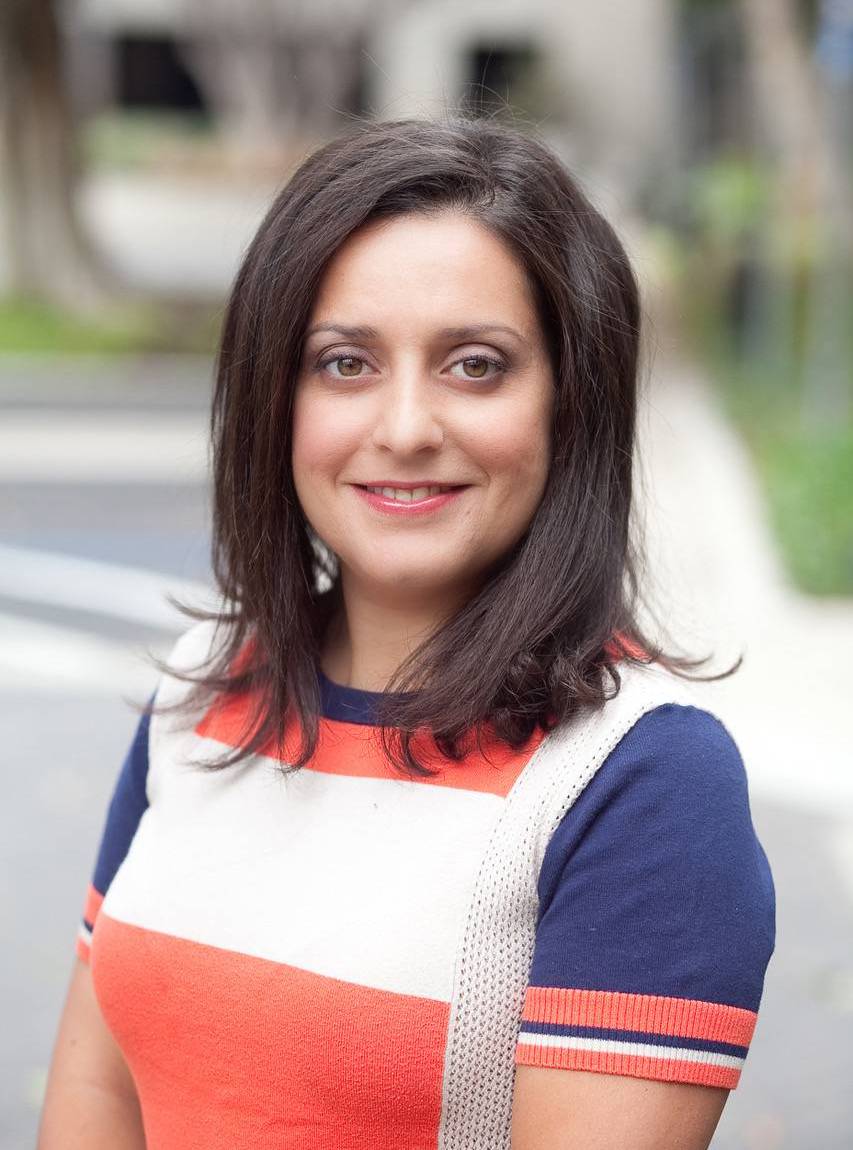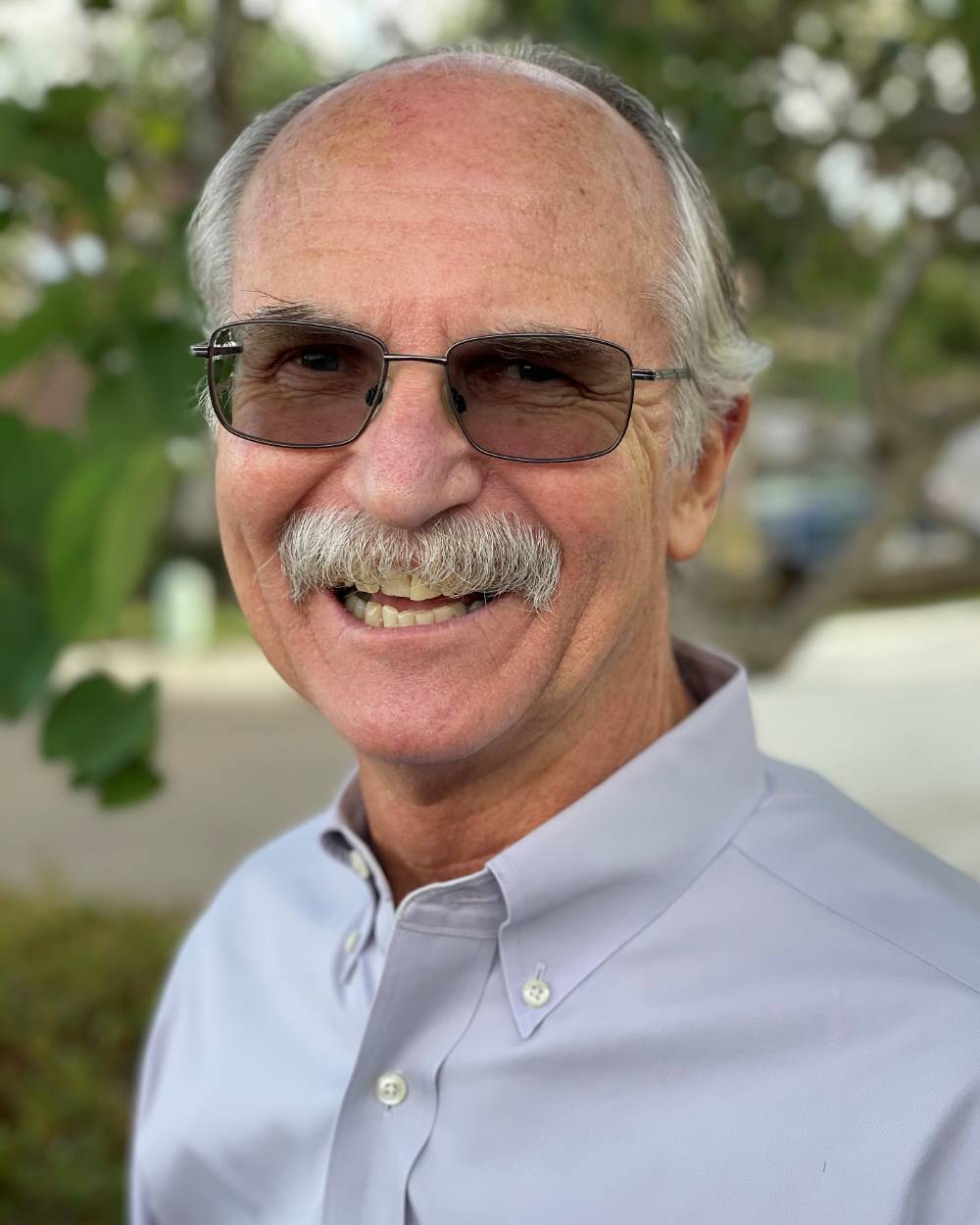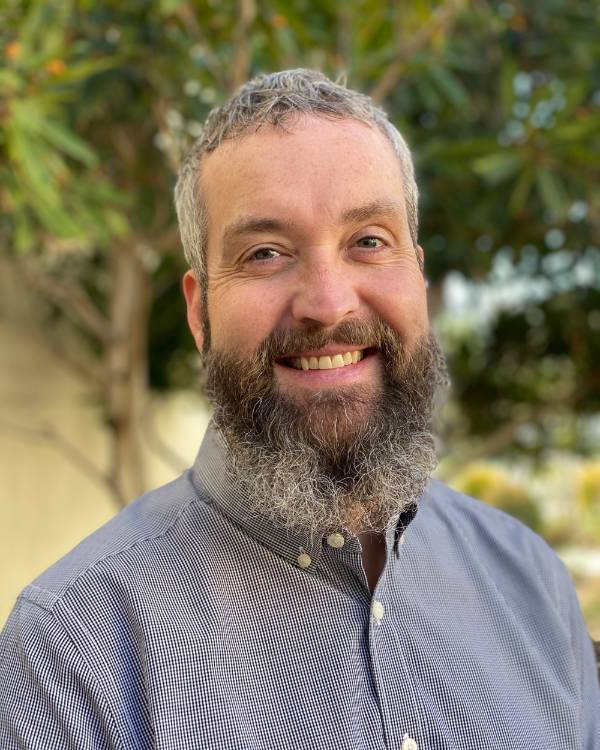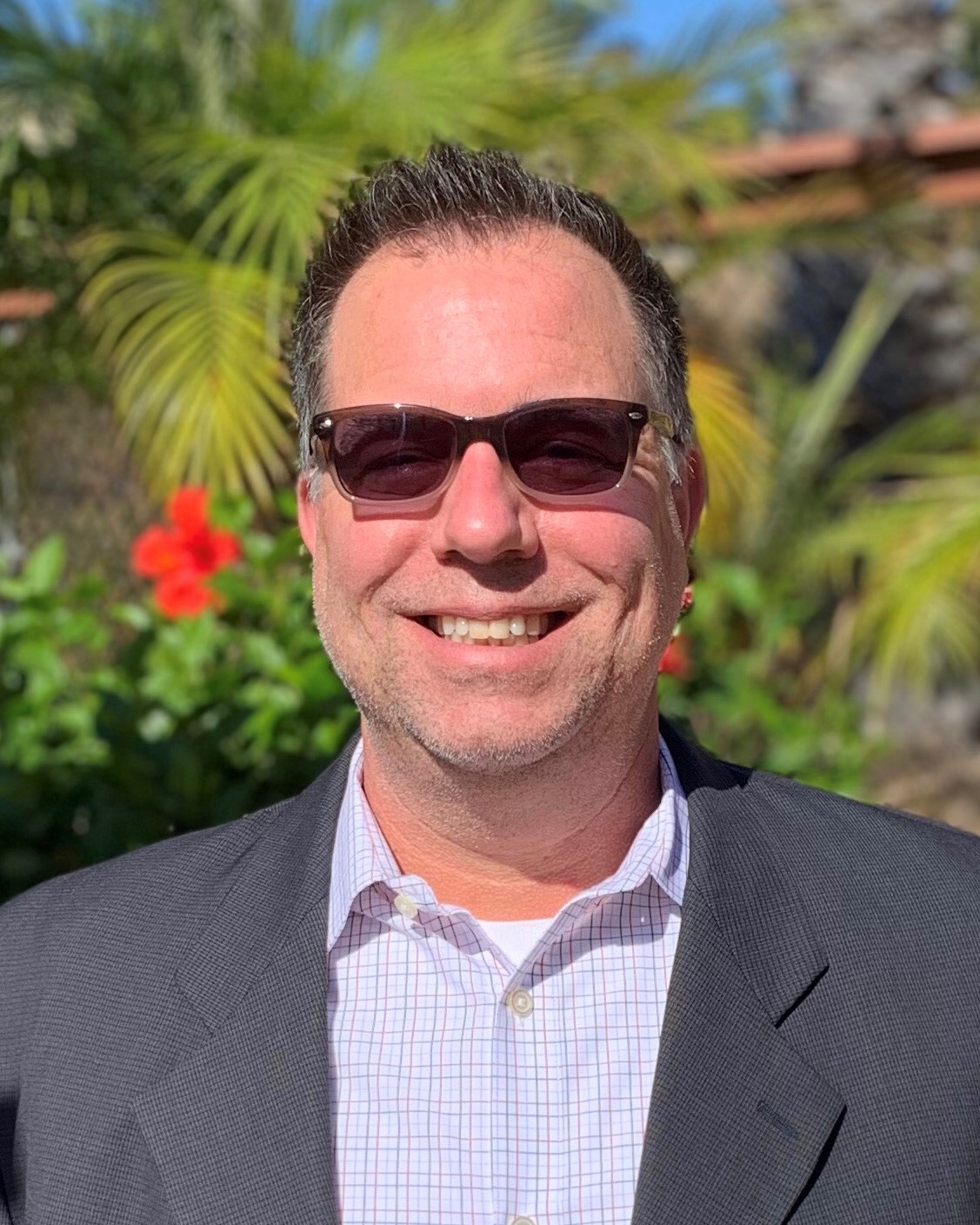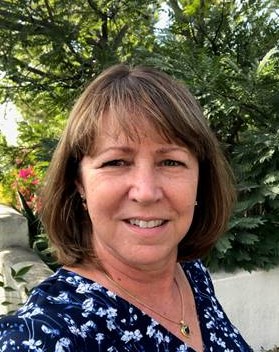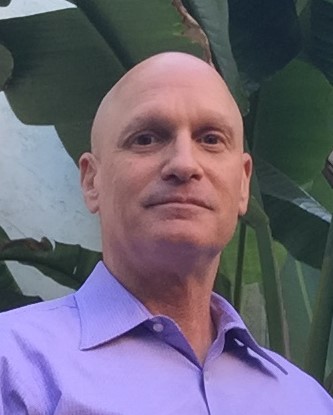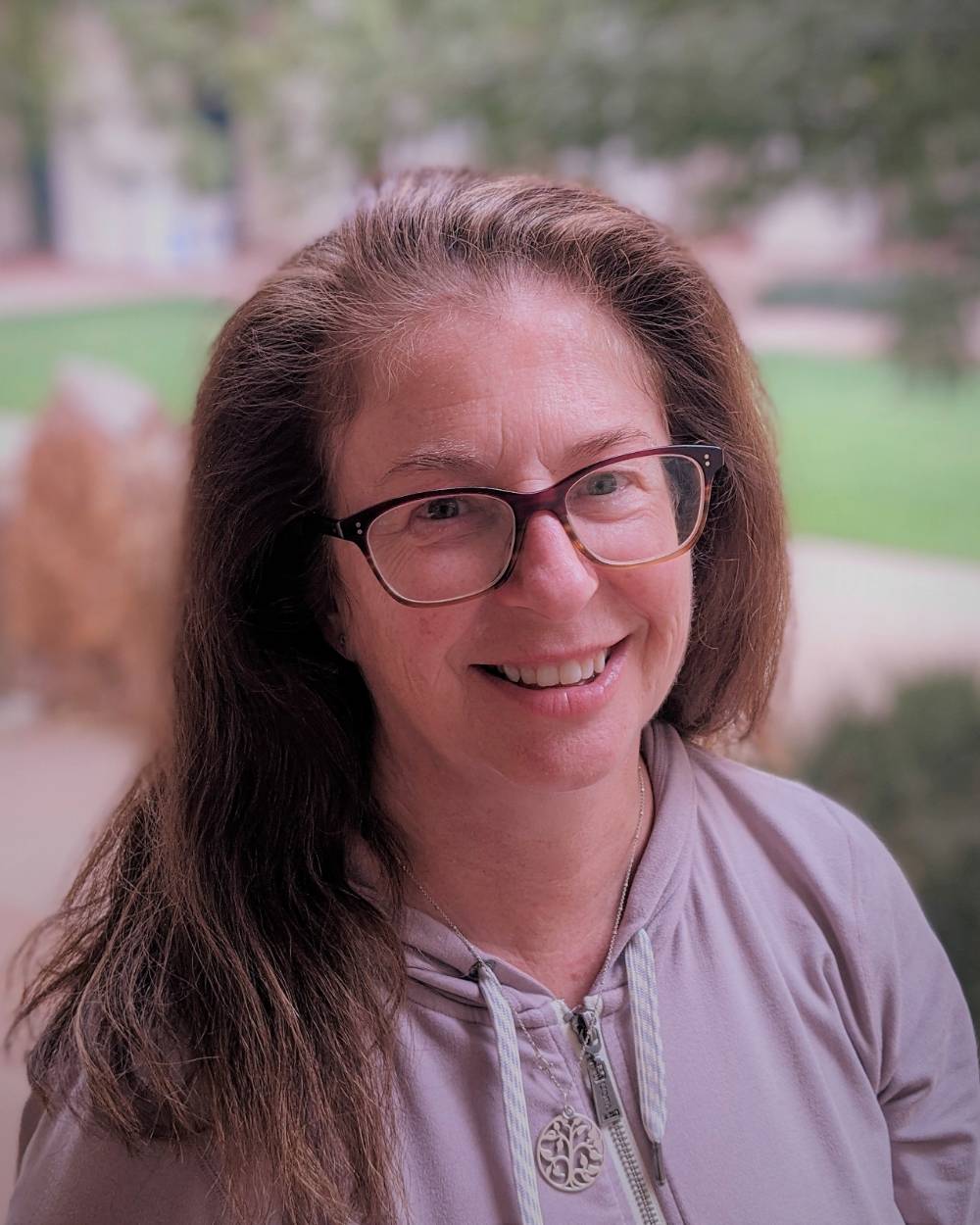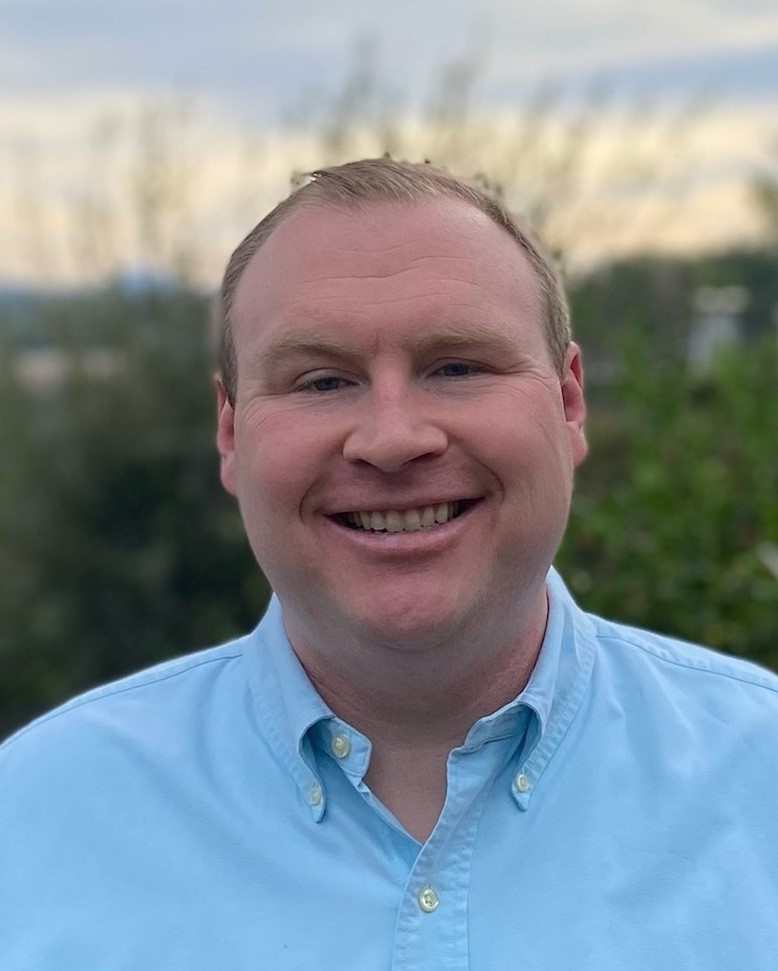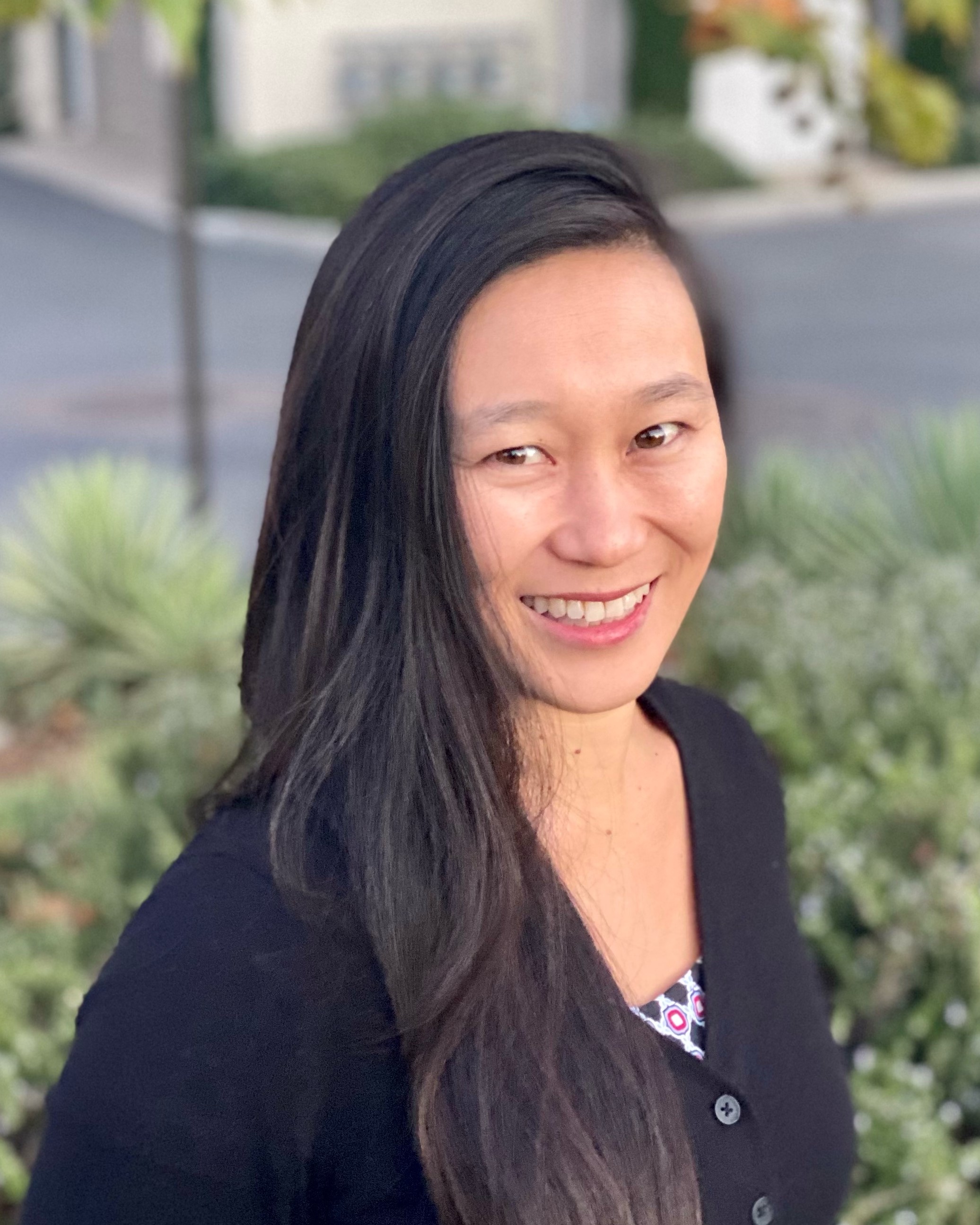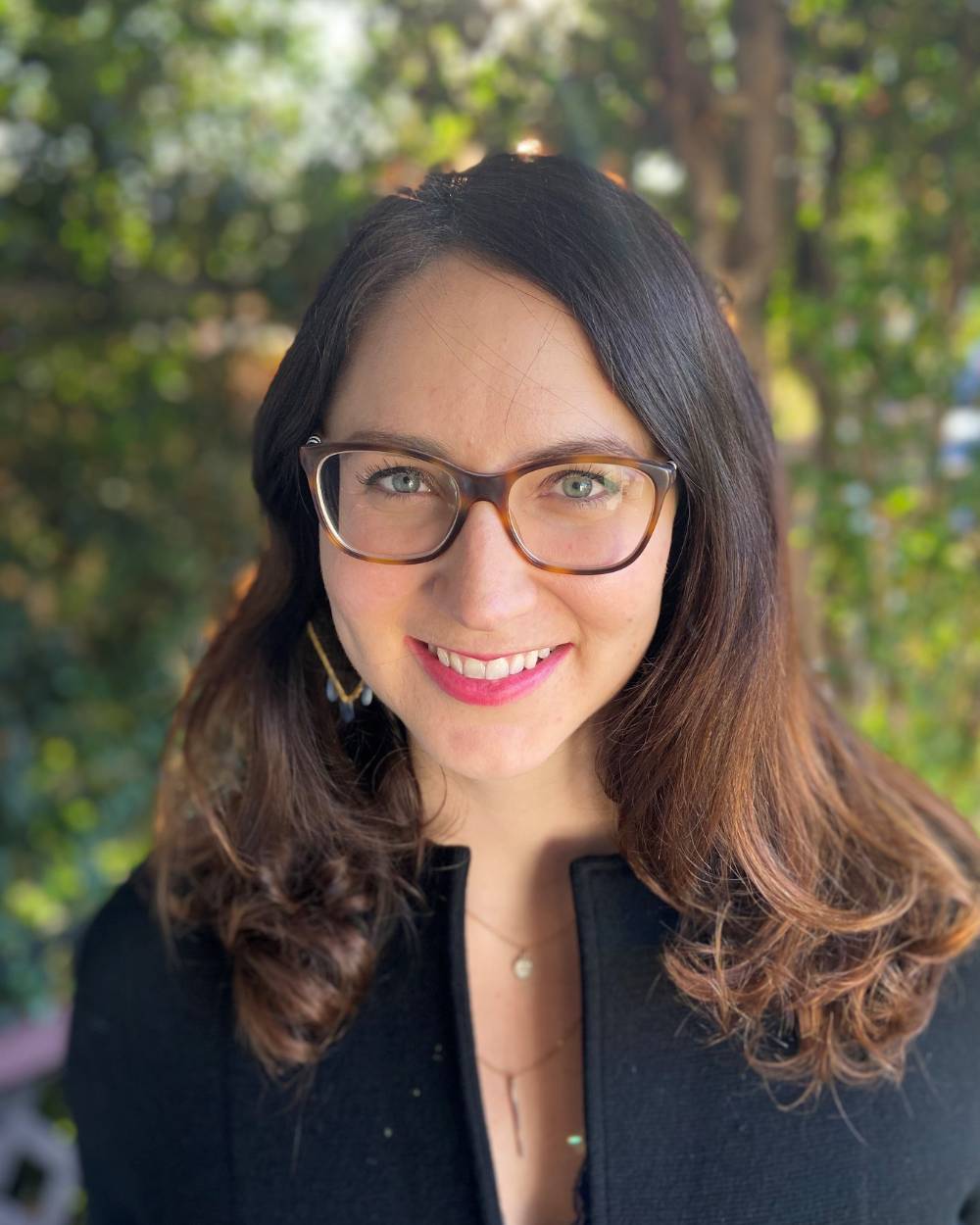Dr. Hala Madanat is the Interim Vice President for Research and Innovation at SDSU. In this role, Dr. Madanat is charged with stewarding the university’s expansive research enterprise, supporting the development of SDSU’s Mission Valley Innovation District, and overseeing SDSU’s research advancement, research support services and technology transfer efforts, the SDSU Research Foundation, as well as the university’s start-up incubator, the ZIP Launchpad.
From 2016 to 2020, Dr. Madanat served as the Director of SDSU’s School of Public Health. During her tenure, research funding at the school increased 50 percent and its U.S. News ranking rose to No. 23 nationally.
Dr. Madanat is a distinguished professor of health promotion and behavioral science. Her research addresses health disparities through community engagement. During the COVID-19 pandemic, Dr. Madanat is leading a $3 million contact tracing program funded by the County of San Diego aimed at enhancing support in underserved communities and curbing the spread of the novel coronavirus.
She is a core investigator of SDSU’s Institute for Behavioral and Community Health, and serves as the lead principal investigator on the $12 million SDSU/UCSD Cancer Center Partnership, funded by the National Cancer Institute. She has led the evaluation of several National Institutes of Health-funded grants and published nearly 90 peer-reviewed publications, book chapters, and books.
Dr. Madanat has a B.S. in Biological Sciences from the University of Jordan, a M.S. in Community Health Sciences, and a Ph.D. in Sociology with a minor in Public Health, both from Brigham Young University.

